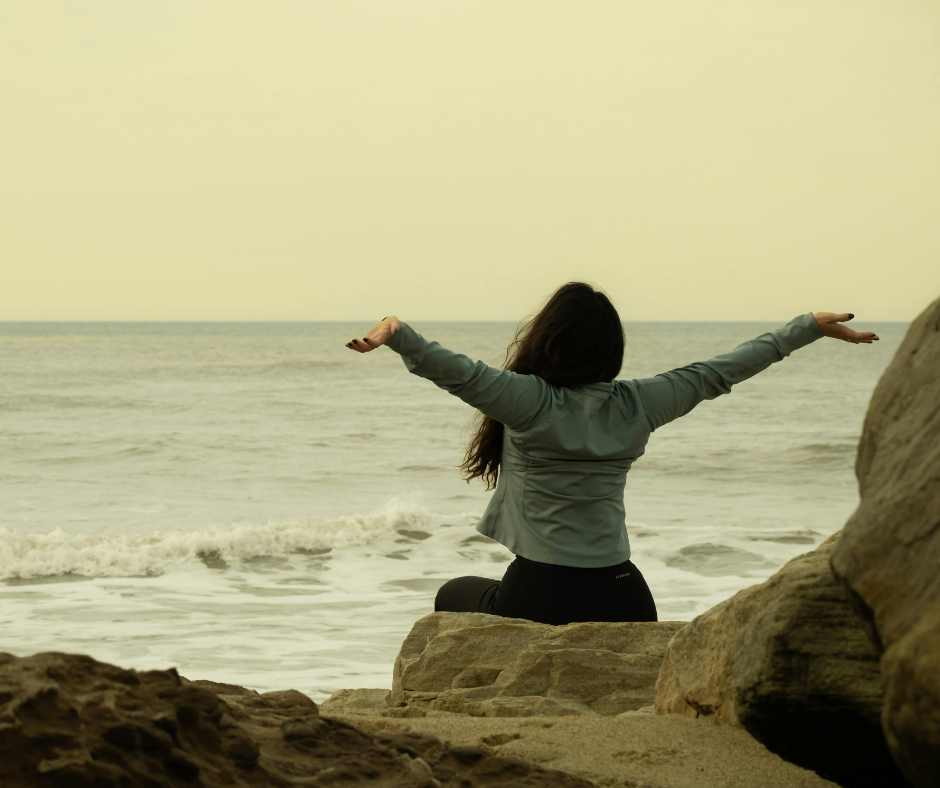
In today’s fast-paced world, travel has become more than just a luxury—it’s a necessity. Whether for business or leisure, every journey we take leaves a deep impact on our physical, emotional, and mental health. Yet, many travelers overlook one of the most important aspects of their trip: their well-being.
Healthy travel habits aren’t just about fitness or food choices—they are about cultivating peace of mind, ensuring your body and soul stay aligned, no matter where the road takes you.
The Connection Between Health and Travel
Travel can be transformative, but it can also be exhausting. Long flights, irregular sleep, time zone changes, and poor diet choices often take a toll. When you compromise your health on the move, your mind loses focus, productivity drops, and stress levels rise.
But here’s the good news: you can take control. By adopting intentional, healthy travel habits, you can not only reduce travel fatigue but also enhance your mental clarity, physical energy, and emotional balance.
1. Prioritize Sleep Like Your Next Destination Depends on It
Sleep is the foundation of peace of mind. It regulates mood, improves concentration, and rejuvenates the body. When traveling, jet lag and unfamiliar environments can disrupt your sleep rhythm.
To overcome this, plan your rest before departure.
-
Adjust your sleep schedule a few days in advance.
-
Use natural light exposure to adapt to time zones.
-
Avoid caffeine or heavy meals before bedtime.
A well-rested traveler is not just healthier but also more productive and present.
2. Eat Mindfully—Fuel Your Body, Don’t Burden It
Food is energy. Yet, during travel, we often eat out of convenience, not consciousness. Overindulgence, irregular meals, and dehydration can cause discomfort and sluggishness.
Instead, practice mindful eating:
-
Choose fresh, local produce whenever possible.
-
Stay hydrated—carry your own reusable bottle.
-
Avoid excessive sugar, alcohol, and processed foods.
Healthy eating during travel is an act of self-respect. It keeps your energy consistent, your digestion stable, and your mood uplifted.
3. Move Often—Don’t Let Stillness Become Your Enemy
Sitting for long hours in planes, trains, or cars can slow circulation and stiffen muscles. Movement is medicine. Even small actions make a big difference.
-
Stretch every hour during long travel.
-
Walk instead of taking short rides when possible.
-
Explore local parks or take a quick workout in your hotel room.
Movement is not just about fitness—it’s about freeing the body and awakening the mind.
4. Digital Detox—Unplug to Reconnect
Modern travel often comes with constant digital engagement—emails, social media updates, and never-ending notifications. While staying connected is useful, overexposure to screens increases anxiety and drains focus.
Set boundaries:
-
Designate phone-free hours.
-
Meditate or journal instead of scrolling.
-
Observe your surroundings with presence.
True peace of mind comes when you allow yourself to be fully in the moment.
5. Cultivate Gratitude and Reflection
Every journey is a story waiting to be written. But to truly experience it, you must pause and reflect. Gratitude helps you find beauty in every experience, even in challenges.
Keep a small travel journal. At the end of each day, write down what you’re thankful for. This small act enhances positivity, reduces stress, and deepens your connection with the places you visit.
6. Stay Connected to Nature
Nature heals. Whether it’s a mountain breeze, ocean waves, or a quiet forest path, reconnecting with nature can reset your body’s rhythm and calm your mind.
Whenever possible, choose natural experiences over crowded tourist attractions. Breathe deeply. Walk slowly. Listen carefully. The peace you find in nature is the peace you carry within.
7. Travel with Purpose and Awareness
Healthy travel isn’t just about personal well-being—it’s about responsible engagement. Support local communities, respect cultures, and make ethical choices. When your travels contribute positively to others, you’ll experience a deeper sense of fulfillment.
Travel not just to see the world—but to feel it, understand it, and leave it better than you found it.
The Urgency: Don’t Wait for Burnout to Wake You Up
Many travelers realize the importance of these habits only when exhaustion hits. But peace of mind should never be an afterthought. Start today.
Plan your next trip with health at its core—pack light, eat right, rest deeply, and move freely. Remember, travel is meant to rejuvenate you, not drain you.
The road to inner peace begins with one decision—to care for your body, mind, and soul, no matter where life takes you.
